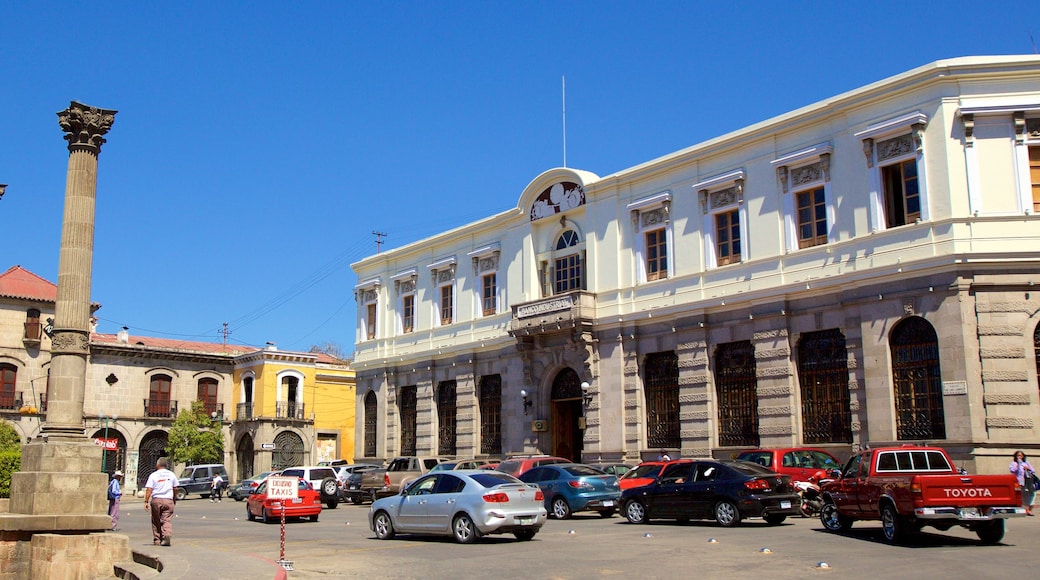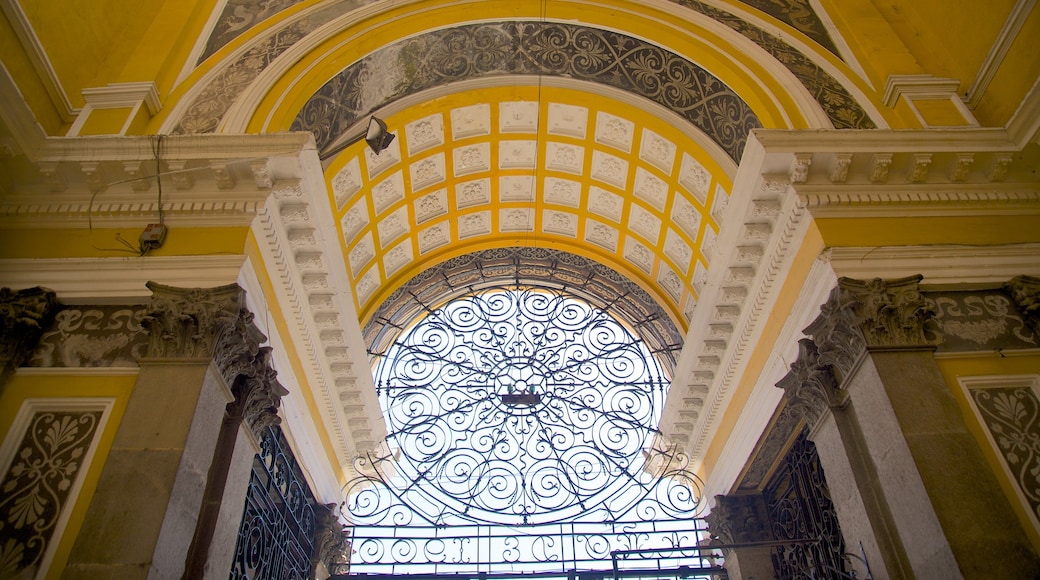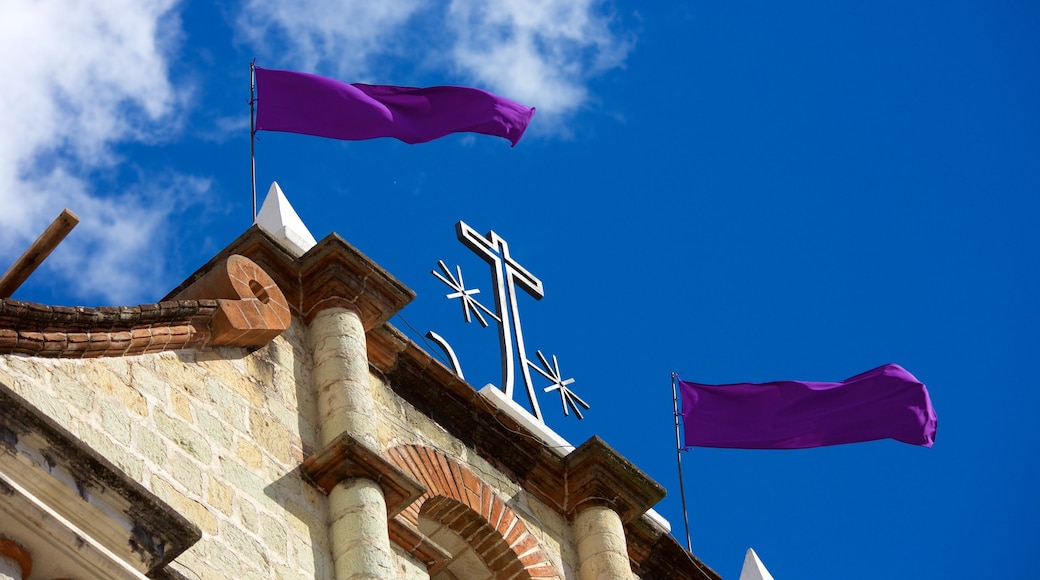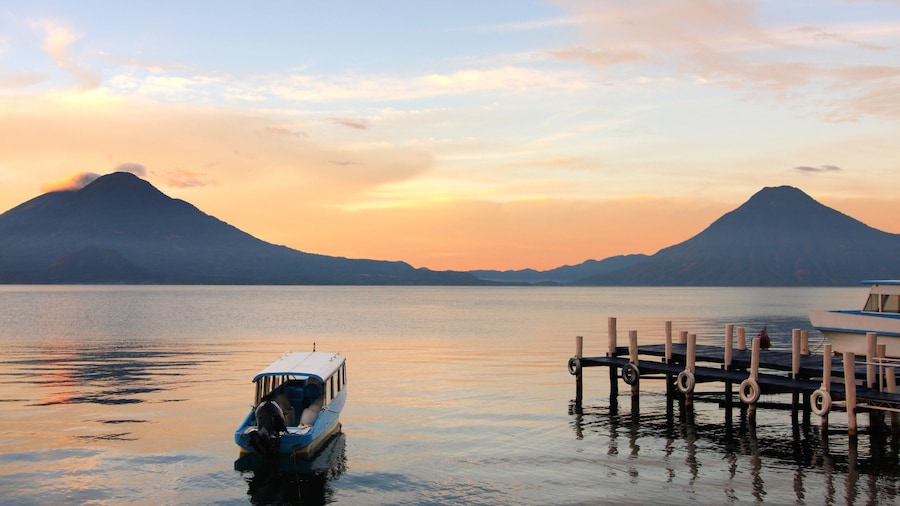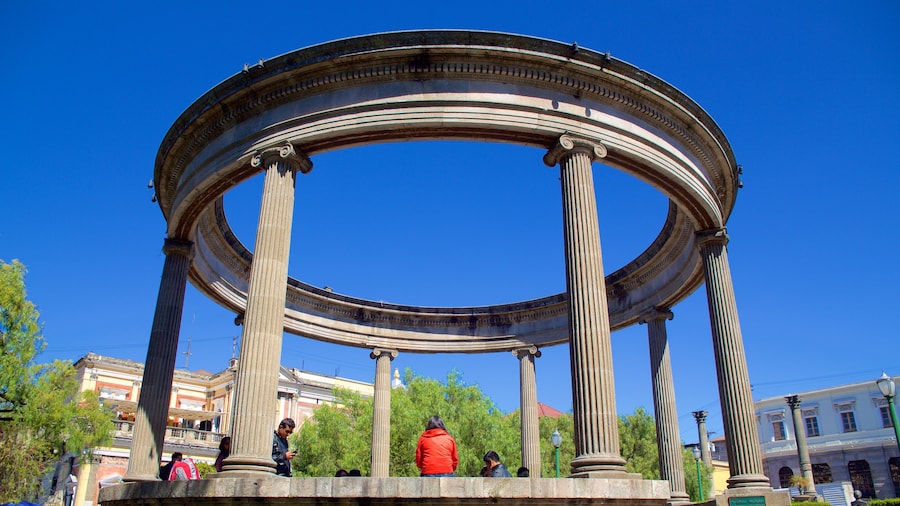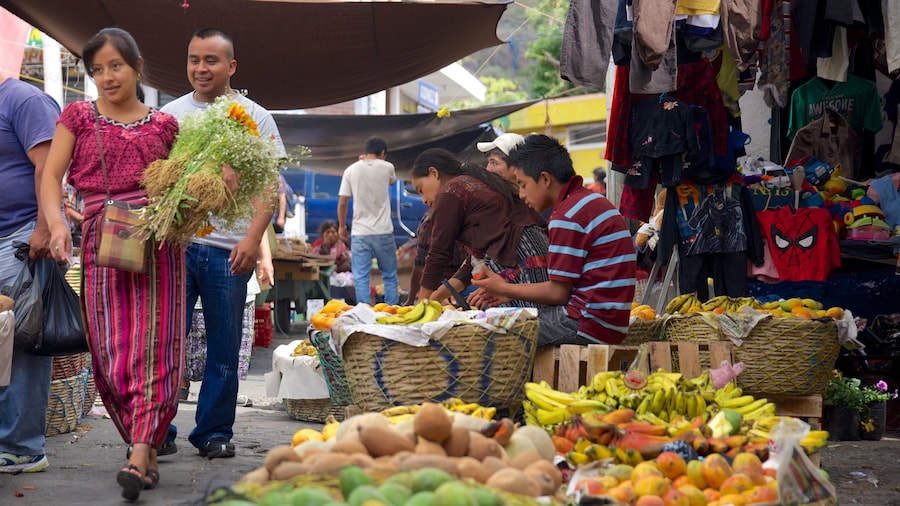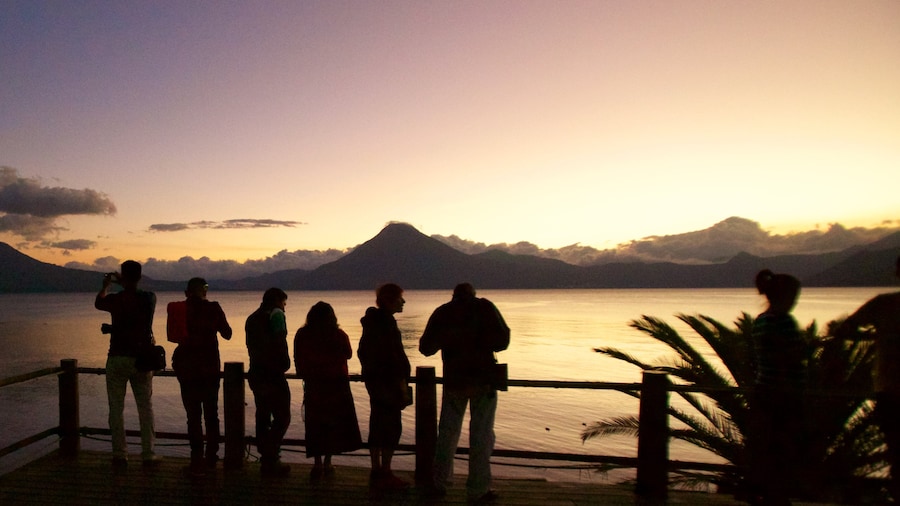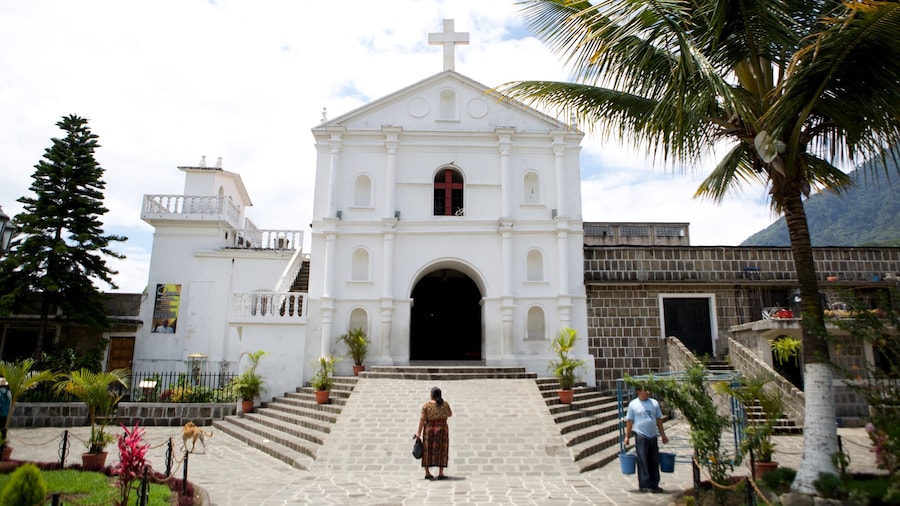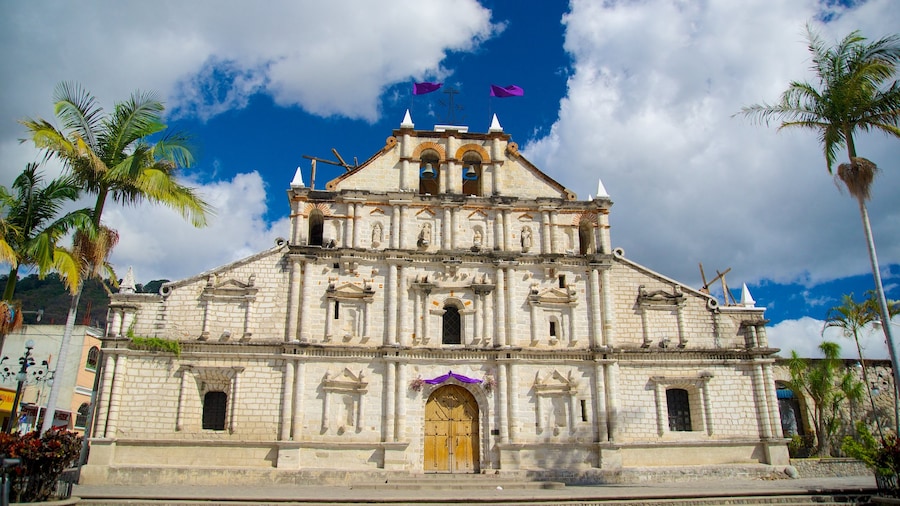A magnificent volcanic lake, vibrant villages, hot springs and the heart of the Guatemalan Maya lie within this high-altitude region.
Visit the Western Highlands to experience the characterful villages that line the shores of Lake AtitlánOpens in a new window and go farther outward to the breathtaking mountain ranges that encircle the region. A diverse landscape of verdant valleys, tree-lined ridges and a mosaic of farm fields are framed by a chain of volcanoes to the south and the high Cuchumatanes Mountains to the north. Hike through the rugged ranges, encounter traditional Maya communities and get to know the central hub city of Quetzaltenango (Xela).
Situated western part of the region, Quetzaltenango (Xela) is Guatemala’s second-largest city and a great place to base your excursions to neighboring Maya villages. Experience the rich heritage of the indigenous cultures in highland villages, such as Nebaj or Chichicastenango. Check out busy marketplaces throughout Quetzaltenango and head to the Fuentes Georginas to soak your muscles in a hot spring surrounded by lush ferns. Climb to the peak of Santa María’s conical peak and hike around the trails that wind around the village of Todos Santos Cuchumatán and the striking granite outcrops throughout the Cuchumatanes Mountains.
The 13 villages on the shoreline of Lake Atitlán have a stunning outlook of a chain of volcanoes above calm waters. Visit PanajachelOpens in a new window, the hub of the area, for local crafts and waterfront nightlife. Book a guide to take you on the incomparable hike to Volcán San Pedro. Santa Cruz la LagunaOpens in a new window is a secluded lakeside village while Santiago AtitlánOpens in a new window, situated at one of the lake’s inlets beneath Vulcán Tolimán, has a shrine and a 16th-century church.
Keen hikers should head for the undulating landscapes of the Ixil, a beautifully secluded wilderness dotted with small communities. Check out the enduringly captivating pre-Hispanic cities of Iximché, K’umarkaaj and Zaculeu to experience some of the Western Highlands’ ancient historical sights.
The Western Highlands span the area between Antigua’s outskirts and Guatemala’s border with Mexico. Get into the region by flying into Quetzaltenango Airport or catching the buses that traverse the Pan-American Highway. Visit between November and February for drier weather. Be sure to check with local tourism offices before embarking on any hikes or climbs.
